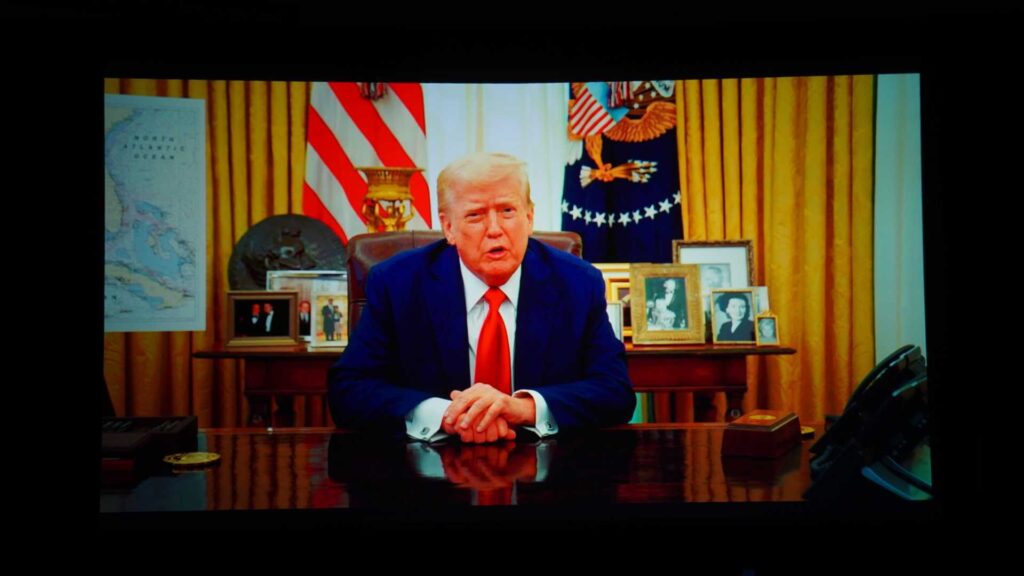The Trump administration is reportedly gearing up to revamp the U.S. Agency for International Development (USAID) by incorporating blockchain technology into its procurement processes. This initiative is part of a broader strategy to enhance the agency’s operational effectiveness, as detailed in a memo that has circulated among State Department personnel.
Rebranding and Restructuring USAID
Under the proposed plan, USAID would be rebranded as the U.S. International Humanitarian Assistance Agency. This new structure would place the agency directly under the authority of the Secretary of State, signaling a shift in its operational and strategic focus. The aim is to streamline processes and improve the delivery of aid to those in need.
Harnessing Blockchain for Enhanced Transparency
One of the key innovations suggested in the memo is the use of blockchain technology to monitor and trace aid distributions. By employing a secure digital ledger, the administration seeks to increase transparency and accountability in foreign aid initiatives. The memo emphasizes that “All distributions would also be secured and traced via blockchain technology to radically increase security, transparency, and traceability.”
This approach aims not only to enhance the security of transactions but also to foster innovation and efficiency within the agency. The emphasis on outcome-based payment models rather than input-based ones is a significant shift that could redefine how aid is allocated and assessed.
The Role of Cryptocurrency and Stablecoins
While the memo highlights the potential benefits of blockchain, it remains unclear whether the technology would involve the use of cryptocurrencies or stablecoins. The focus could solely be on creating a robust digital ledger system, which would provide the necessary tracking and verification for aid distributions without necessarily incorporating digital currencies.
Scrutiny and Oversight from the Administration
USAID has faced increased scrutiny from the Trump administration, especially following the establishment of the Department of Government Efficiency (DOGE), which is led by Elon Musk. DOGE has previously suggested that blockchain technology could be a valuable tool in improving governmental efficiency. The administration’s commitment to this initiative was underscored when President Trump issued an executive order on January 20, which included a freeze on USAID payments, reflecting a desire to reevaluate the agency’s operations.
In conclusion, the integration of blockchain technology into USAID’s operations could represent a transformative step toward enhancing the effectiveness and accountability of U.S. foreign aid efforts. As the administration moves forward with these plans, the implications for international humanitarian assistance could be significant.



